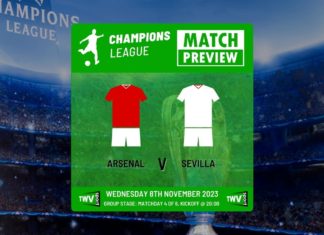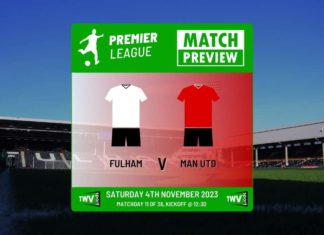Even if the season is allowed to begin again, Premier League clubs may have to refund approximately £340 million to domestic and international broadcasters. And, in the event that the season is not completed, that figure could rise to £762 million.
The refunds are due to the fact that matches will not take place on dates and at times already expected, and will be played in empty stadiums.
TV money is distributed to clubs according to a formula that has three components – Equal Share, Central Commercial Revenue, and International Revenues. These ensure that each club receives the same amount subject to two further adjustments – Merit Payments, based on where a club finishes in the league, and Facility Fees, which takes into account how often matches involving a particular club are shown on TV in the UK during a season.
And with clubs already facing a grave financial situation because of the lost revenues from the suspended season, the need to make refunds may make their position even worse, especially for a small club like Bournemouth which is heavily reliant on the income it gets from broadcasters.
For some clubs, especially those fighting for European places or in mid-table, the desire to avoid having to make an even bigger refund to broadcasters gives them an added incentive to complete the season.
However, the motivations of those teams towards the bottom of the table are radically different from most of their peers. Their primary concern is to avoid relegation, because they know that the financial cost to them of that far outweighs the impact of any lost income from broadcasters.
That is why so many of them are opposed to proposals to play their last remaining fixtures on neutral grounds, or only prepared to do so if relegation Is taken off the table, which the FA have refused to countenance. The broadcasters are vehemently opposed to this idea as well, fearing it will dilute their product even further.
Self-interest is very much the order of the day as clubs try and find some way to move forward.








